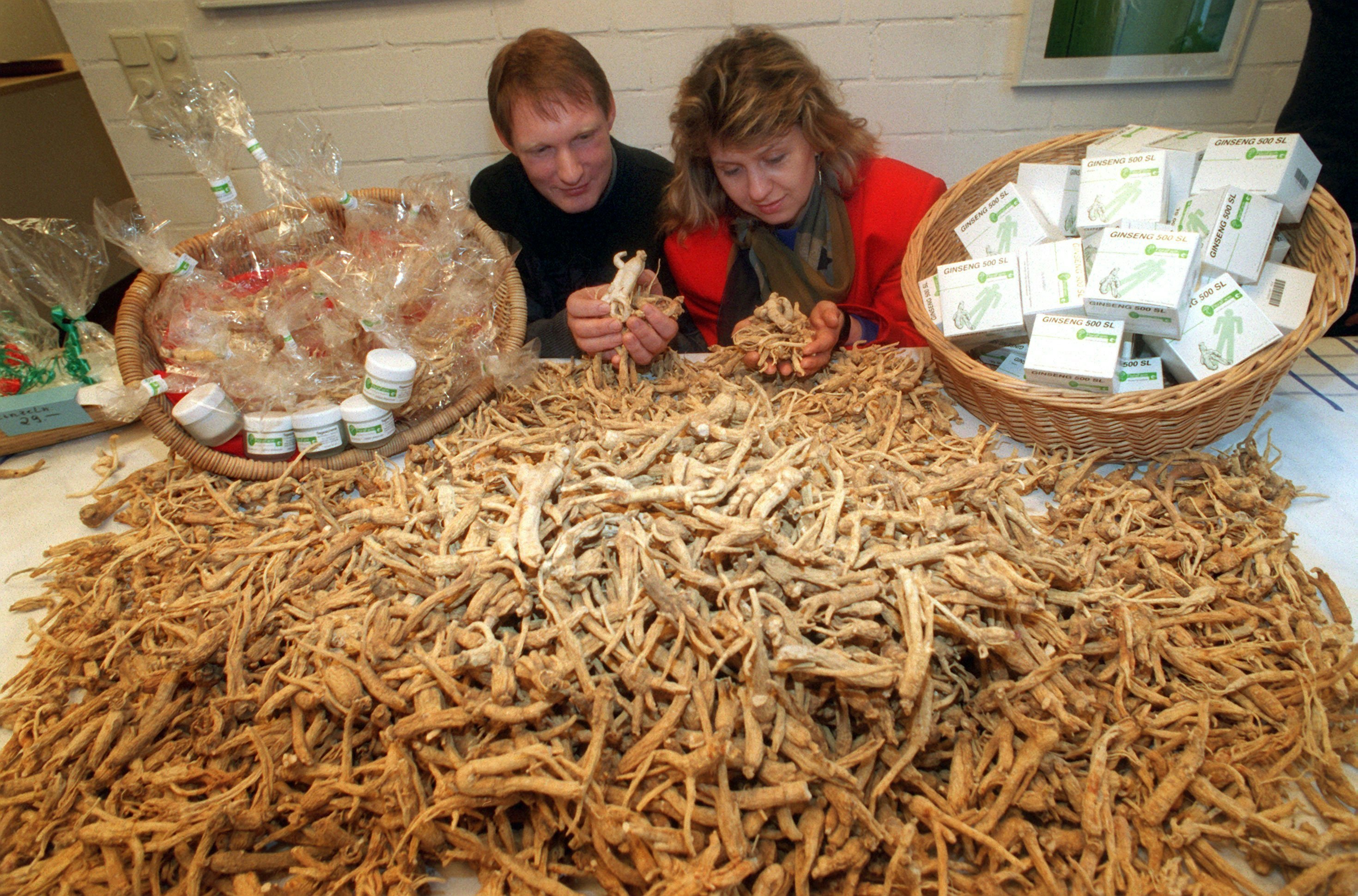
The worst part about living in the largest city in the U.S. is that it often feels like there are more buildings, people, and trash piles than there are trees. But every once in a while, I make the subway journey to the beach or a big park to remind myself that I’m alive and there are green spaces.
Health researchers, whose work often shows that even the shortest burst of outdoors can be a boon, would probably tell me that I have the right idea. Canadian doctors, who are putting those ideas into government-supported action, would agree, too. You can read more about that Canadian initiative along with other health and science stories in today’s newsletter. While you’re at it, say “hi” to a plant today.
This is an adapted version of the Inverse Daily newsletter for Wednesday, February 23, 2022. Subscribe for free and earn rewards for reading every day in your inbox. ✉️

Doctors are prescribing two hours outside per week to boost health
“Canadian doctors have written more than 4,000 prescriptions to spend time outdoors in an attempt to turn the widely acknowledged health benefits of nature into another tool in the modern-day medical toolkit,” writes health writer Nick Keppler. “The program, called ParkRX, was developed in 2020 by a Vancouver physician in partnership with British Columbia’s BC Parks Foundation.”
Doctors in the program typically instruct their patients to go outside for two hours a week to help alleviate ailments like asthma, cardiovascular disease, depression, and anxiety. And the Canadian government is getting involved, too — last month, the national park agency Parks Canada allowed doctors to “prescribe a Parks Canada Discovery Pass, which enables patients to visit any of Canada’s flourishing national parks for free.
Sadly, the “average person in the U.S. spends 93 percent of their life indoors, according to the Environmental Protection Agency,” writes Keppler. But although it certainly helps, take this as a reminder that you don’t need a doctor’s note to head outside.
Take a hike: How to use music and nature to beat stress

NASA just released new footage of dry ice clouds floating over Mars
As nice as it is to be around nature, sometimes nature doesn’t want to be around you. At those times, nature might retaliate by raining so hard, you get tricked into being sleepy and staying indoors. Or maybe nature tried to give you a more explicit sign, like by knocking over a tree with its wind and blocking your car. Not cool, nature.
It’s enough to make you want to move to Mars — but no matter what the billionaires say, you'll be at nature’s whims there, too. “In the winter on Mars, water ice crystals form into clouds that hang near the planet’s equator about 37 miles above the ground,” writes card story editor Jennifer Walter. “But in 2021, researchers operating NASA’s Curiosity rover noticed wispy clouds forming at higher altitudes — about 50 miles — into the Red Planet’s atmosphere.”
The thick gusts might be made up of frozen carbon dioxide, which you might colloquially know as dry ice. “The upper atmosphere of Mars is so cold that it turns carbon dioxide into clouds of dry ice,” writes Walter. “Pretty metal.” Bunker under your covers then click through the entire card story to witness Mars’ frozen clouds in action.
Cloudy with a chance: NASA rover spots something remarkable above Mars’ clouds

Are there actual benefits to the latest wellness craze?
Every other health advertisement you see might want you on the “adaptogen” train… but what are they? “Proponents claim these plant extracts can help the body adapt [...] to stress, which many of us could seriously use right now,” writes Inverse health reporter Katie MacBride.
According to a 1969 outline, substances need to reduce stress and create a positive excitatory effect in the body with no ill effects to be considered “adaptogens.” Some popular examples you might have seen on a particularly beautiful label recently include ginseng, ashwagandha, and reishi.
So, good. Although the boundaries of what forms an adaptogen are fairly vague, at least we now know what they are. Unfortunately, though, even researchers aren’t sure of whether or not they work.
“In addition to overhyping certain supplements, adaptogens are sometimes marketed as replacements for other medications or supplements a doctor might have prescribed as a long-term treatment,” writes MacBride. But “consumers should be clear-eyed about what the science shows, how supplements are marketed, and how these substances have traditionally been used.”
Weird fake science: What is vaginal steaming?

This free college course could make you resilient to stress
A Yale University course called “Psychology and the Good Life,” which first started in 2018, has recently gained a new life off-campus.
“The course became essential during the pandemic,” writes Elana Spivack. Psychology professor Bruce Hood, who taught an adapted version of the course called “The Science of Happiness” at the University of Bristol, “knows this is true because he studied its impact on his students as they endured Zoom university.”
Hood’s results were published this week in PLoS One, and revealed that students who took the class in the fall of 2020, a particularly lonely time during the pandemic, “maintained their baseline wellness.” In comparison, students who were waitlisted from the course reported increased anxiety.
“College is stressful enough without a global pandemic, and if even an online course can assuage difficulty, that's promising,” writes Spivack. The class is available to take for free online.
Lifetime learning: Robots are learning to smile and it’s making humans cringe

About this newsletter: Do you think it can be improved? Have a story idea? Want to share a story about the time you met an astronaut? Send those thoughts and more to newsletter@inverse.com.
- On this day in history: John Glenn became the first American to orbit Earth on February 20, 1962. By this day in 1963, NASA passed along his spacecraft and spacesuit to the Smithsonian Institution in Washington D.C., where they have lived ever since.
- Song of the day: “America’s Boy,” by Broadcast.







